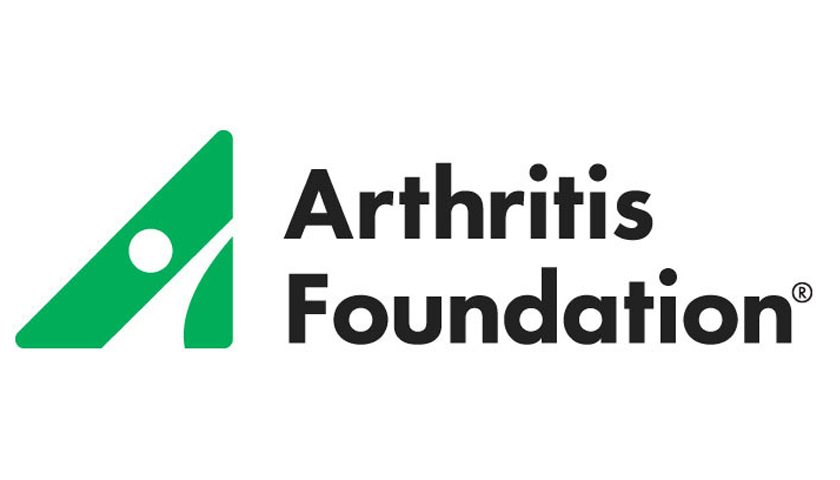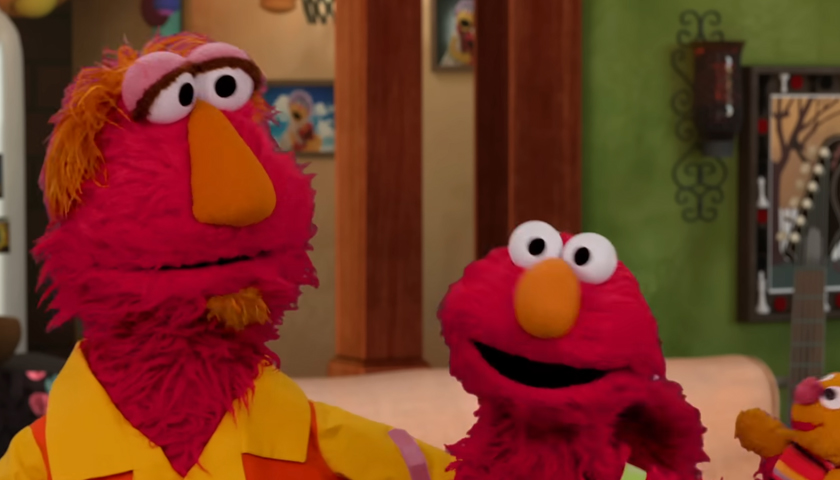While Americans continue to grapple with the COVID-19 pandemic, almost three in four say they wear face coverings everywhere they are required—with Northeasterners, Democrats and older generations most likely to mask up. As for sending kids back to school, 34% are comfortable doing so as long as masks are mandatory while 23% want to wait until a vaccine or treatment becomes available. These are among the results of a study of 1,020 U.S. adults conducted by independent marketing, advertising and public relations agency Mower to better understand concerns and behaviors around life with COVID-19.
About half of Americans say they have taken COVID-19 very seriously, following all guidelines and restrictions (47%), while two in 10 have not taken it very seriously or do not believe it is a big deal. In the West, as many as one in four have not taken it seriously. By political affiliation, Democrats lead with 87% following most or all pandemic guidelines, compared to 79% of Independents and 73% of Republicans. A majority across all generations take COVID at least somewhat seriously, with the numbers increasing by age group. Gen Z respondents are the most likely to say that while the pandemic is something to pay attention to they have not taken it very seriously (29%).
More than 40% are more concerned now than when the pandemic began, with Southerners citing rising concern (50%) more than respondents in other regions (34%-43%). Interestingly, about half of Gen Z and millennial respondents report their concern has grown over time compared to 43% of their Gen X and baby boomer/silent counterparts.
Most want to stay informed on COVID-19 developments, while a not insignificant minority would rather not hear about it anymore. More than 40% of Americans want to stay fully informed on the pandemic and another 40% want to continue to hear major updates. Around half of Democrats and baby boomers/silents want all the details, while one in five Republicans and one in four Gen Zers would prefer not to hear about it at all.
They are excited to resume activities that have been off limits—even if they now have to wear masks to do so. For the majority of Americans, excitement over doing at least some of the things they’ve missed out on during the pandemic outweighs the hassle of having to follow restrictive guidelines (like wearing a mask and social distancing) while doing them. But for more than three in 10, the hassle outweighs the excitement.
The majority say they comply with mask rules. Not only do 72% of Americans wear face masks/coverings at stores, offices and public venues that require them, but 59% wear them at stores, offices and public venues that don’t. The 13% who never wear a mask include 21% of Gen Zers, 17% of people in Western states and 15% of Republicans.
Americans are split on sending their kids back to school. A slight majority say they are okay sending them back before a vaccine or treatment is available, although 34% are only comfortable doing so if masks are required. Another 23% want to wait for a vaccine/treatment and 26% aren’t sure when they would be comfortable with a return to school. Just 17% of Americans are comfortable sending their kids to school without a mask before we have a vaccine or treatment.
Cooking/baking is the “new” activity Americans most want to continue after the pandemic is over. More than one in three Americans started cooking or baking more during the pandemic and hope to continue once life goes back to normal. Of all the newfound pastimes listed in the survey, cooking/baking ranked tops across all regions and among Democrats, Republicans, Gen Xers and millennials alike. For Independents, the number-one interest was discovering new TV shows and movies. Gen Z respondents hope to keep exercising while baby boomers/silents want to continue reading more.
About the survey
Mower’s online nationwide survey was conducted June 22-24, 2020, with a random sampling of 1,020 adults ages 18+. Responses were obtained using Dynata, a research panel provider. The margin of error is +/- 3.1%.



